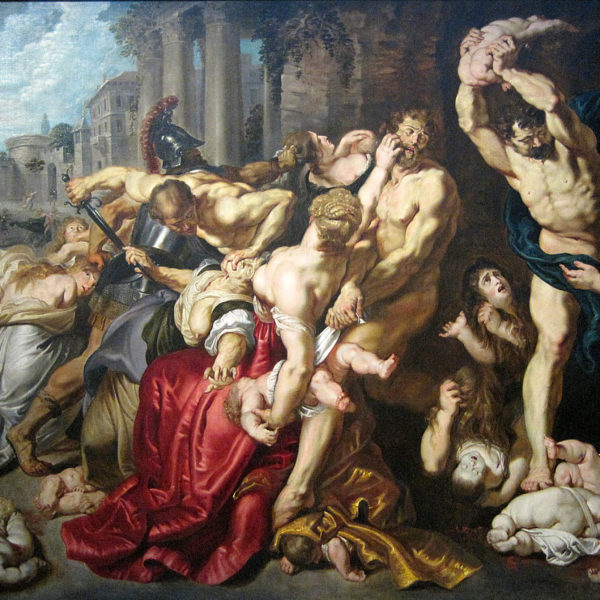
The account of the slaughter of the innocents rests like a deeply unsettling shadow upon the Christmas story, with its themes of God’s peace and presence. Yet, in reflecting upon this account, we may discover a profound new conception of the mode of God’s presence within our world and its tragedies.
By Hugh Goddard
It will be very interesting, in 100 years time, to see whether 2001 has entered the list of significant anniversaries in the long history of conflict between Christians and Muslims.
By Tina Beattie
Fragments. That’s all we have. Books have been written, justifications have been offered, blame has been distributed and redistributed, enquiries have been held, heroes have been buried, villains have been executed, prime ministers and presidents have come and gone, and still all we have are fragments, and the rattle of empty words, dry as ash and bones.
While I would not want to deny the political importance of forms, I would add to this analysis the importance of the kinds of spirit or inner drive (desire) which may be astir in them. An essential part of the explanation for the enormity of 9/11 is that the terrorist network responsible for them was not animated by a drive to produce new configurations of value and meaning so much as by a reactionary desire to bring judgment upon forces of modernity which were perceived to be a threat to established (traditional religious) values. The animating spirit of terrorist networks is a spirit of ressentiment.
The attacks of September 11, 2001 on the World Trade Centers and Pentagon threw the debates over the definition of “religion” into a stir. Though religion was obviously a central factor in the events of 9/11, overly phenomenological and essentialist construals of religion were suddenly and starkly at a loss in making sense of how and why.
In the immediate wake of the horrific attacks on September 11, 2001, a number of Christian theological ethicists questioned whether a “war on terrorism” was the most effective, let alone ethical, response.